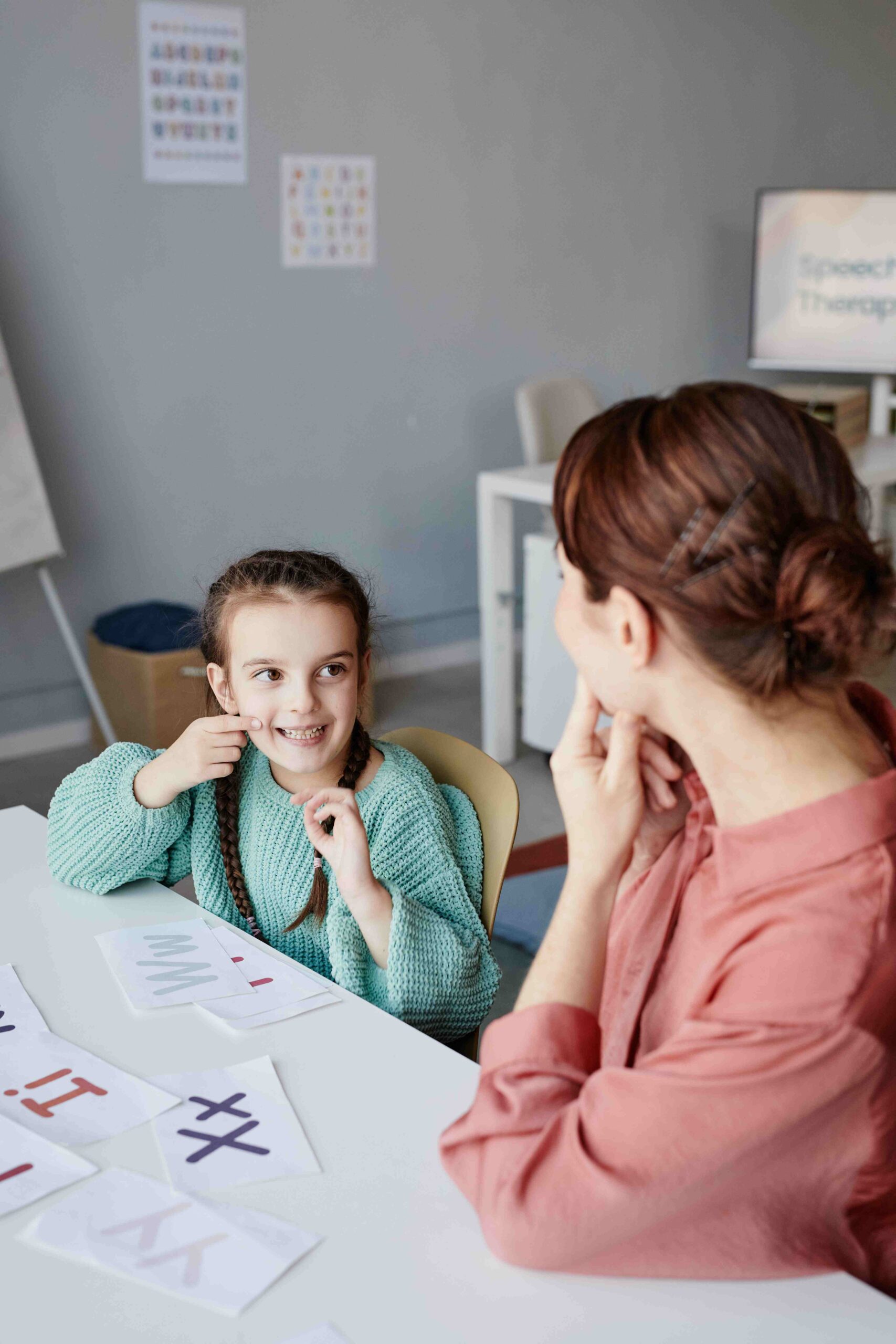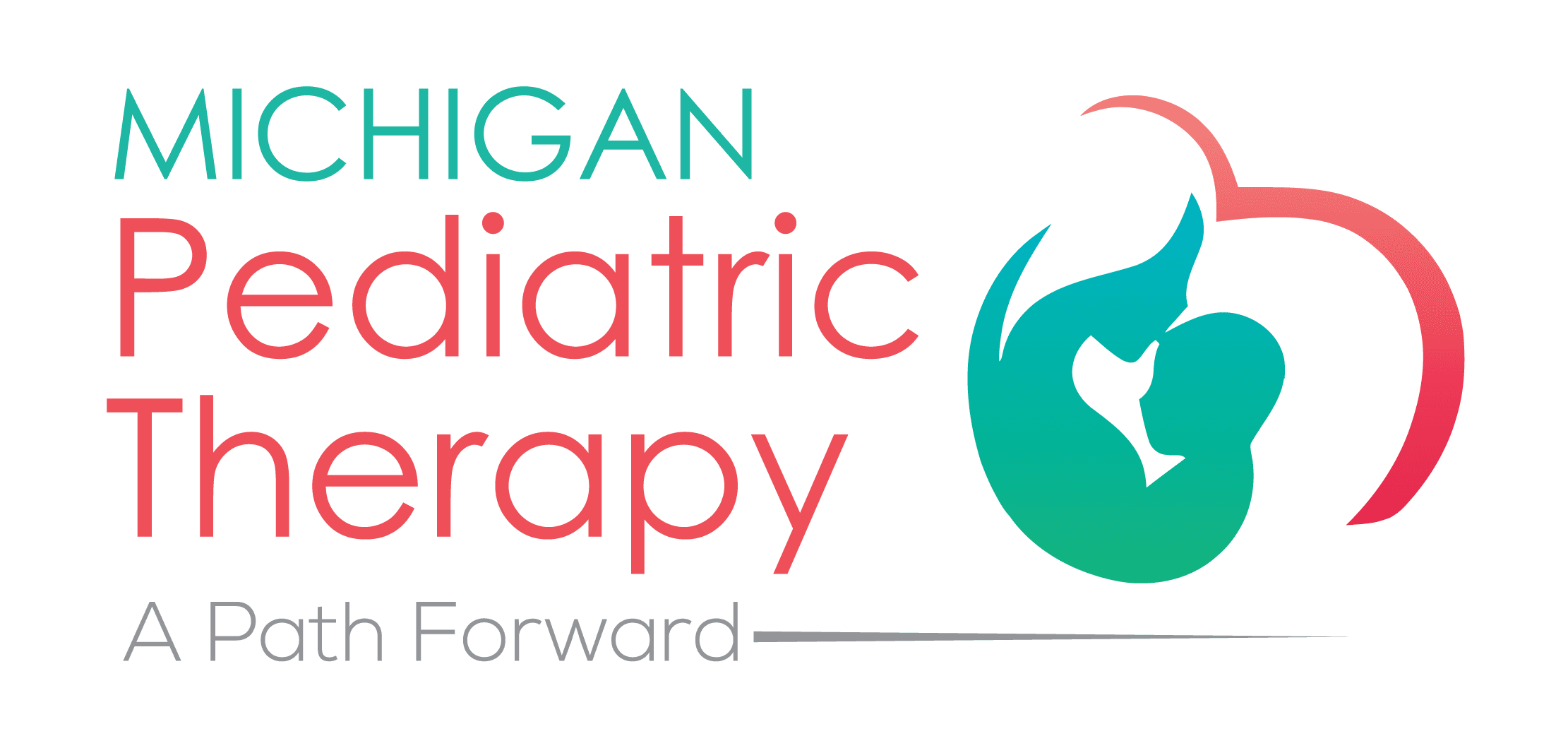As parents and caregivers, few things are more heartwarming than hearing your child’s voice and adorable key phrases, their unique way of expressing themselves and connecting with the world around them. But what happens when those words don’t come easily? If you’ve been exploring information about your child’s speech and terms like speech sound disorders in children or childhood apraxia of speech have surfaced, please know you’re not alone. Understanding these challenges and the power of pediatric speech therapy is the first step towards helping your child find their voice.
At Michigan Pediatric Therapy, we understand the concerns and questions that arise when a child struggles with communication. That’s why we want to shed light on a specific, yet often misunderstood, speech sound disorder: childhood apraxia of speech (CAS). We’ll explore what CAS is, how it differs from other speech difficulties, and most importantly, how specialized pediatric speech therapy can make a profound difference in a child’s ability to communicate effectively. Whether you’re a parent navigating this journey or a fellow industry professional seeking deeper insights into effective interventions, we hope this information provides clarity and hope.

Understanding Childhood Apraxia of Speech (CAS): More Than Just a Delay
Sometimes, a child might be a “late talker,” eventually catching up with their peers. However, childhood apraxia of speech is different. It’s a neurological motor speech disorder. This means that the brain has difficulty planning and coordinating the complex sequence of muscle movements needed to produce speech sounds. It’s not a weakness or paralysis of the muscles themselves, but rather an issue with the brain sending the correct signals to those muscles—the lips, jaw, and tongue—at the right time and in the right way.
Think of it like trying to play a complicated melody on an instrument. Even if your fingers are strong and capable, if you don’t have the sheet music or the instructions on which keys to press in what order and with what timing, the melody won’t come out right. For children with CAS, the “sheet music” for speech sounds is unclear or jumbled.
Recognizing the Signs: What Are the Symptoms of CAS?
Inconsistent Errors
Difficulty with Sequencing Sounds
Groping
Vowel Distortions
Prosody Issues
Early Feeding Difficulties
Family History
Frustration

The Crucial Role of Specialized Pediatric Speech Therapy for Apraxia
If your child has been diagnosed with or is suspected of having childhood apraxia of speech, specialized speech therapy is the cornerstone of intervention. General speech therapy approaches for articulation delays might not be as effective for CAS because the underlying issue is one of motor planning and sequencing, not just sound production. When exploring treatment options for childhood apraxia of speech, you’re looking for a therapist with specific expertise in this complex disorder, such as ours at Michigan Pediatric Therapy.
So, how does pediatric speech therapy specifically address CAS? The focus is on teaching the child’s brain how to plan and program the movements needed for speech. This often involves intensive, individualized therapy that incorporates a variety of techniques:
Repetitive Motor Practice
Multisensory Cues
Shaping and Sound Approximation
Melodic Intonation Therapy (MIT)
Dynamic Temporal and Tactile Cueing (DTTC)
Visual Support
Augmentative and Alternative Communication (AAC)
What to Look for in Speech Therapy for Apraxia
When investigating how to treat childhood apraxia of speech, it’s essential to find a qualified and experienced pediatric SLP who has specific training and expertise in working with children with CAS. When seeking support for your child’s speech development, consider a clinic that offers:
Significant Experience with CAS
Specialized Training in CAS Techniques
Truly Individualized Treatment
Active Family Partnership
Collaborative Approach

Hope and Progress: The Journey with Specialized Speech Therapy
While childhood apraxia of speech presents unique challenges, with dedicated and specialized speech therapy, children can make significant progress in their ability to communicate. It’s a journey that requires patience, persistence, and a strong partnership between the child, their family, and their speech therapist—a partnership that dedicated clinics strive to build.
If you have concerns about your child’s speech or have received a diagnosis of childhood apraxia of speech, don’t hesitate to reach out to us. Exploring pediatric speech therapy for apraxia will connect you with the support your child needs. Experienced therapists are available to answer your questions, provide comprehensive evaluations, and develop a therapy plan tailored to your child’s unique strengths and challenges. Connecting with an SLP can be the first step towards helping your child unlock their full communication potential and thrive.
Remember, finding the right support is a crucial step in helping your child navigate speech sound disorders. By understanding childhood apraxia of speech and the vital role of specialized speech therapy offered by dedicated professionals, you are already empowering your child on their journey to clearer communication and a brighter future.
Michigan Pediatric Therapy
📍 27655 Middlebelt Rd., Suite 130, Farmington Hills, MI 48334
📞 (248) 939-4030
🌐 mipediatrictherapy.com



